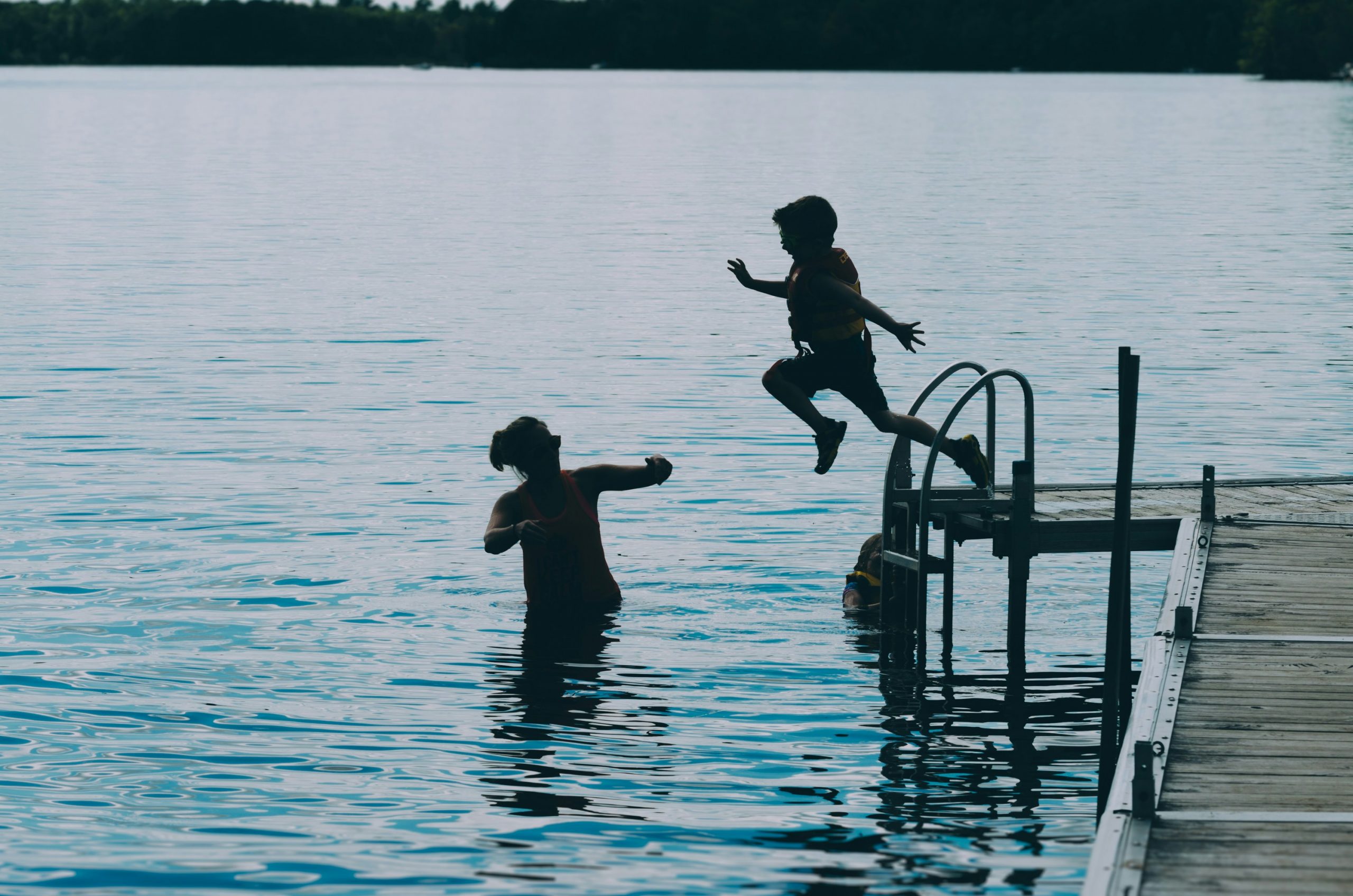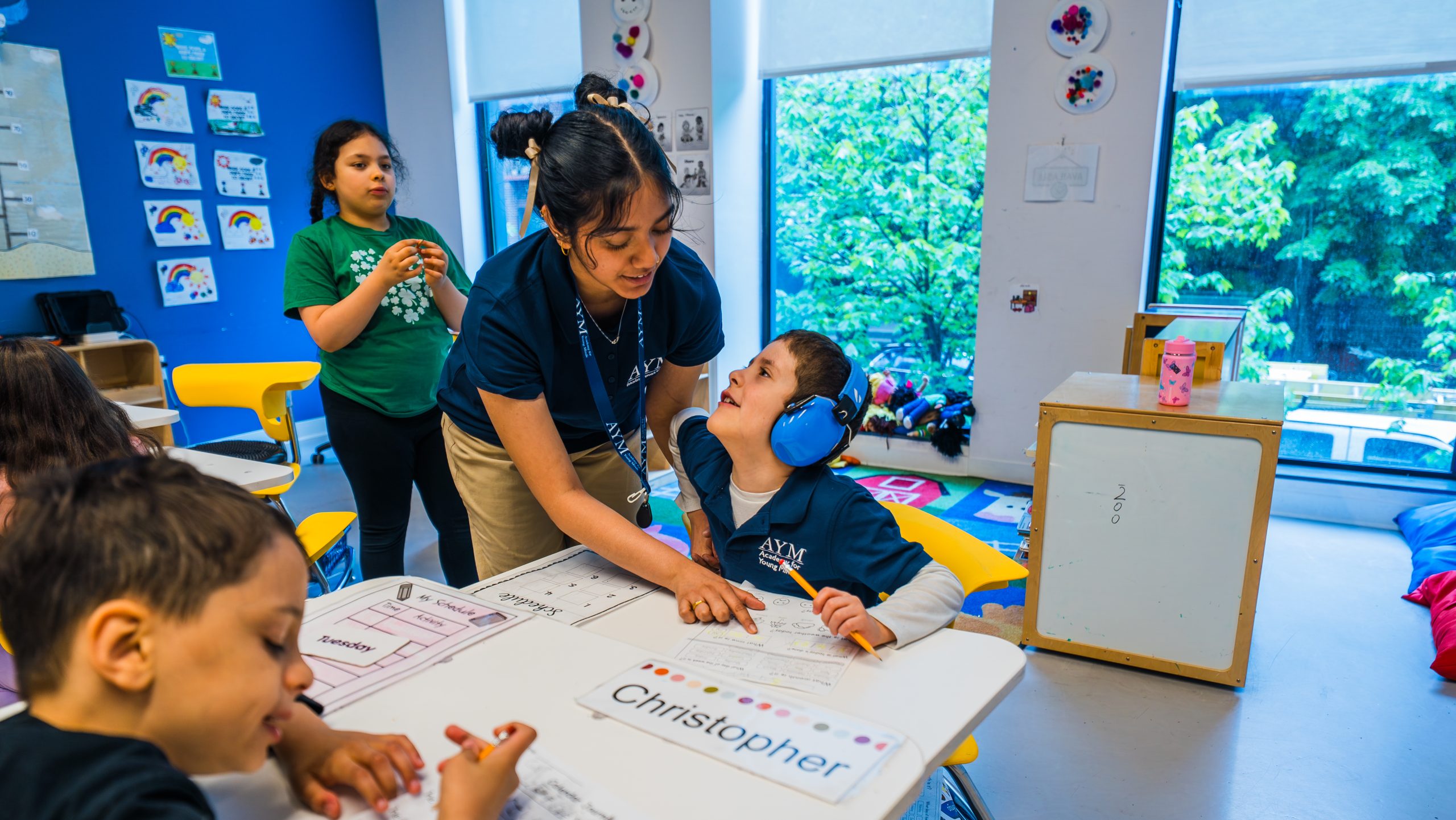Autism and Water Safety
Does your child just seem drawn to the water? Maybe it’s the soothing experience being surrounded by water can bring, the patterns light makes on its surface, or the unique sensory input it provides, but for many children with autism, water feels like a safe space.
Of course, water is not actually very safe. Water comes with heightened risks, particularly because drowning remains a leading cause of accidental death among people with autism.
So do we have our children avoid the water? Of course not! There are tremendous benefits that autistic people gain from time spent swimming, including social skills, improved emotional regulation, exercise, confidence, and enhanced motor planning. It’s about balancing these benefits with clear safety strategies to ensure they can enjoy the water safely.
Enroll Your Child In Swim Lessons
If possible, as soon as you can, enroll your autistic child in swim lessons to learn water safety. There are many swimming instructors who are experienced in adapting lessons to accommodate any sensory sensitivities your child might have and know how to communicate with children on the autism spectrum.
For autistic children, the focus at first should be on vital skills such as floating, treading water, and staying calm in the water. To truly be prepared, do the final lesson fully clothed with shoes on, simulating an accidental fall into water.
Understanding and Preparing for Panic
Often with children with autism, their fight or flight is easily accessible at any point. For that reason, teaching them how to handle panic in the water is critical. Even seasoned swimmers can be taken by surprise by sudden changes in water conditions or unexpected falls into water.
Swimming instructors can focus on strategies to manage panic, like floating, breathing techniques, and how to call for help.
Review Water Safety with Your Child
Take time to give regular reminders to your child about water safety. For your child with autism, using visual aids and social stories can help them to understand and remember safety rules.
Outline steps like not entering water without adult supervision, staying within designated swimming areas, and what to do if they feel unsafe in the water. These stories and visuals help your child to process information in a way that is easier to remember in an emergency situation.
Proactive Safety Measures
Because many children with autism wander or struggle with impulse control, it is imperative that you make sure your home environment is safe for them. If you have a pool, make sure it has a fence with a self-latching gate, pool alarms, and door alarms to enhance its security. Take all toys and floats out of the pool when not in use.
When your child is in the water, constant, vigilant supervision is key. Assign a dedicated adult to watch over the child who is ready to take immediate action. Especially at social gatherings, the dedicated adult needs to be supervising without distraction.
The more aware your neighbors and general community are about your child’s attraction to water, the quicker responses will be in an emergency. Tell your neighbors about your child’s tendencies to seek water. This will prompt them to make sure their own water sources have protective measures in place in case of eloping or wandering.
Navigating water safety with an autistic child requires diligence, education, and community involvement. However, with these measures in place, you can significantly reduce risks while allowing your child to truly enjoy the water.
For more information and resources, don’t hesitate to reach out with any questions.
Resources:
https://ibcces.org/blog/2019/04/12/water-safety-autism-spectrum/
https://www.autismparentingmagazine.com/connection-autism-water/
https://nationalautismassociation.org/watersafety/



